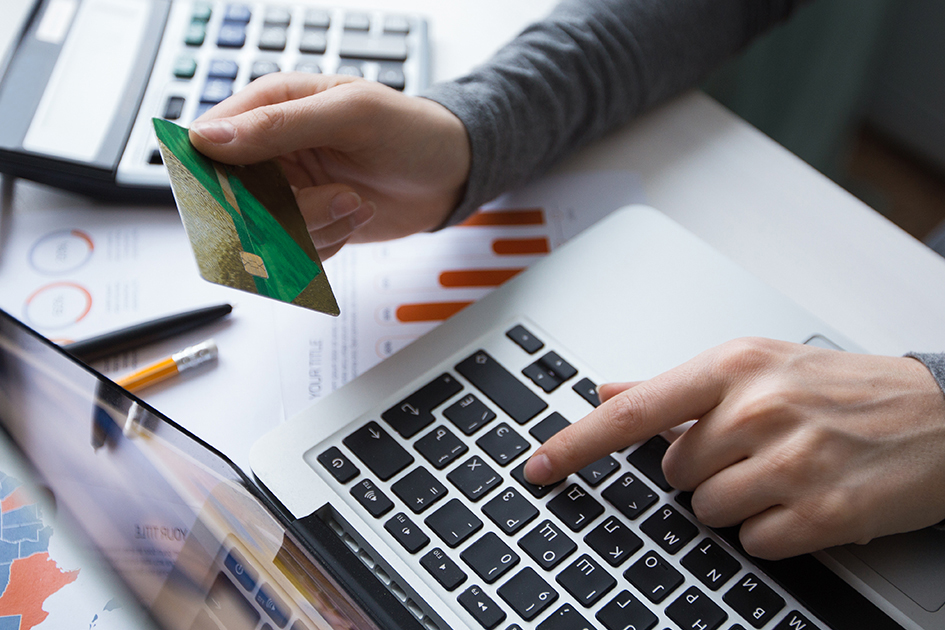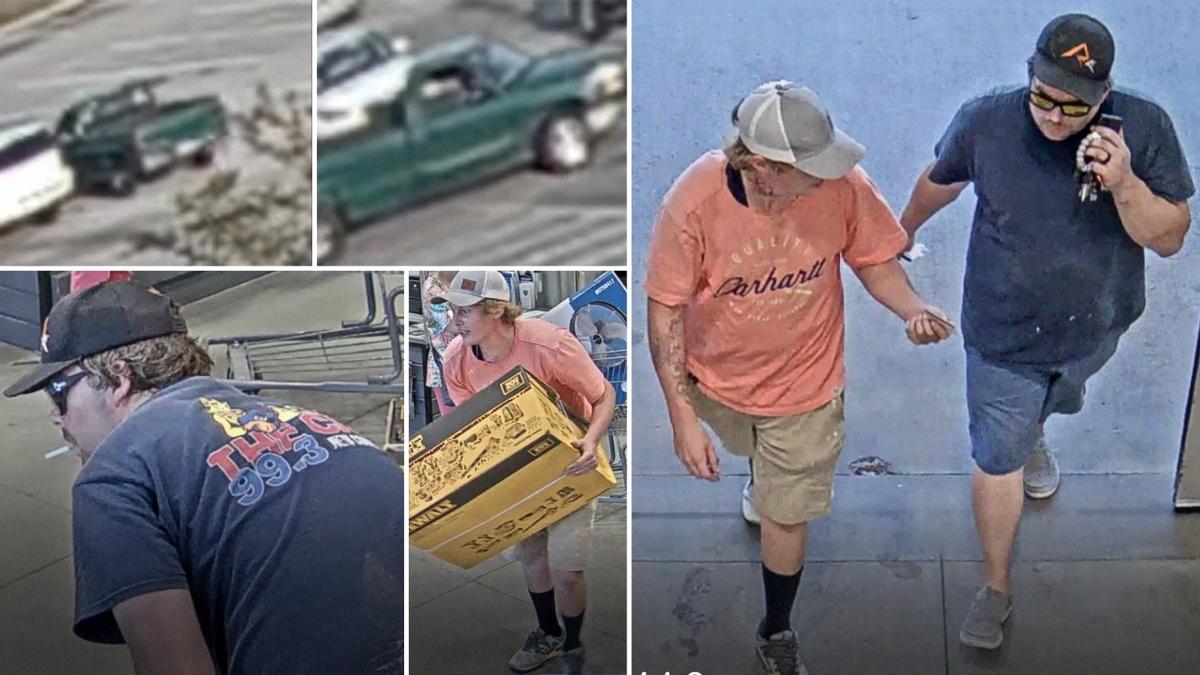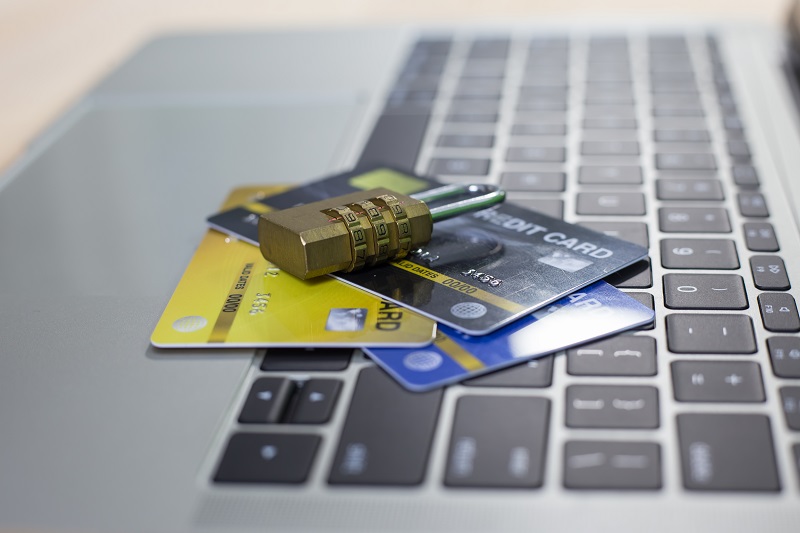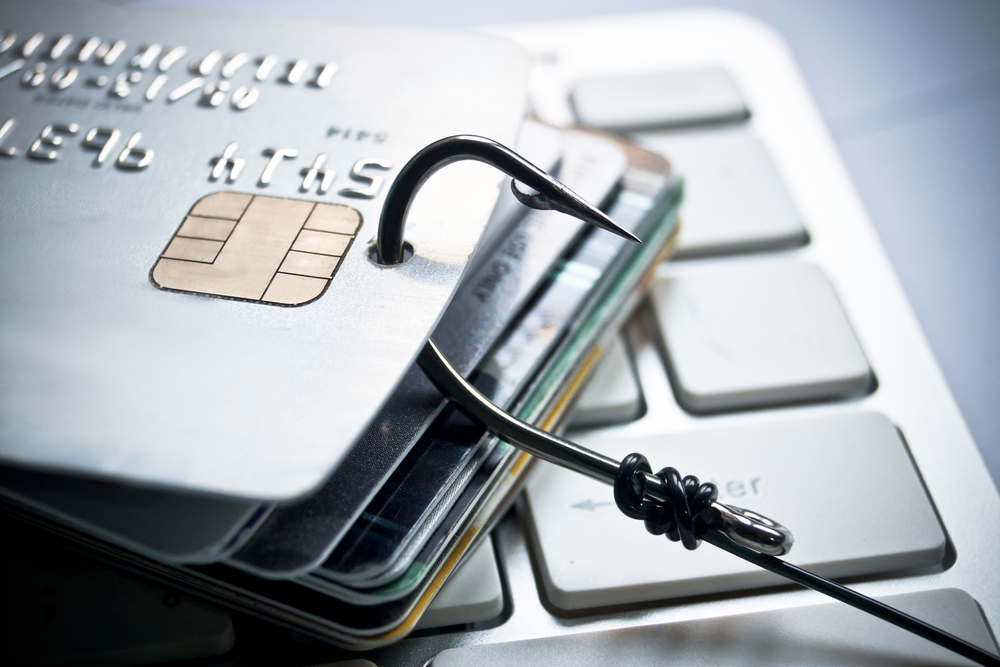Credit card theft is a serious issue that affects millions of people every year. While credit cards have made our lives easier by eliminating the need for cash, they have also made us more vulnerable to theft and fraud. In this blog post, we will discuss credit card theft and whether or not police investigate these crimes.
Credit card theft occurs when someone steals your credit card information and uses it to make unauthorized purchases. This can happen in a variety of ways, including:
– Skimming: A thief uses a device to steal your credit card information when you swipe your card.
– Phishing: A thief sends you an email or text message that appears to be from your bank or credit card company, asking for your personal information.
– Hacking: A thief gains access to a company’s database and steals credit card information.
– Lost or stolen card: A thief finds or steals your physical credit card and uses it to make purchases.
If you are a victim of credit card theft, it is important to report it to the police as soon as possible. This will allow them to start their investigation and gather any evidence that may be available. The card issuer may request copies of a police report or receipts to compare signatures if they’re available. Card issuers and merchants may also look for “friendly fraud,” which is when a cardholder makes a purchase and then disputes it as fraud—even though it wasn’t.
Do Police Take Credit Card Theft Seriously?
Yes, police do care about credit card theft. Credit card theft is a serious crime and can result in financial loss and identity theft for the victim. The police have a responsibility to investigate all reported crimes, including credit card theft. However, the level of investigation may vary depending on the specifics of the case and the amount of evidence available. It is important to report credit card theft as soon as possible to give the police the best chance of catching the perpetrator and recovering any stolen funds. In addition, taking steps to protect your credit card information, such as monitoring your account regularly and reporting any suspicious activity, can help prevent credit card theft from occurring in the fist place.

Detecting Credit Card Fraud
Credit card frauds are caught through various methods. One way is through the use of fraud detection software that checks for unusual or suspicious transaction patterns. For example, if a card is used for multiple large purchases in a short amount of time or if the card is bing used in a location that is unusual for the cardholder’s spending habits, the software may flag the transaction for review.
Another way that credit card frauds are caught is through manual reviews by the card issuer or merchant. If a transaction is flagged for review, a representative will manually review the transaction details and may contact the cardholder to verify the purchase.
In some cases, the card issuer may request copies of a police report or receipts to compare signatures if they’re available. Card issuers and merchants may also look for “friendly fraud,” which is when a cardholder makes a purchase and then disputes it as fraud—even though it wasn’t.
Ultimately, credit card frauds are caught through a combination of technology, manual reviews, and fraud prevention measures put in place by the card issuers and merchants. These measures help to protect both the cardholder and the businesses that accept credit card payments.
Tracing Credit Card Theft
Yes, credit card theft can be traced. When a credit card is stolen, the cardholder should report the theft to their card issuer as soon as possible. The issuer can then track the unauthorized transactions made on the card and work with law enforcement agencies to investigate the theft.
In addition, credit card companies have fraud detection systems that monitor card activity for unusual or suspicious behavior. If the system detects any unauthorized transactions, it can flag them and alert the cardholder or issuer.
Furthermore, modern credit cards are equipped with security features such as EMV chips and PINs, which can make it more difficult for thieves to use stolen cards. In some cases, the card issuer may also offer zero liability protection, which means that the cardholder will not be responsible for any fraudulent charges made on their stolen card.
Overall, wile credit card theft can be a serious problem, there are measures in place to help detect and prevent it, and to trace any unauthorized transactions that occur.
Are Credit Card Thieves Caught?
Credit card fraud and theft is a serious issue that affects millions of people every year. Despite the efforts of law enforcement agencies and credit card companies, the rate of solved credit card theft cases remains quite low. In fact, according to statistics, less than 1% of credit card thefts are solved each year. This means that if you are unfortunate enough to become a victim of credit card theft, your chances of recovering your money are very slim. It is important to note, however, that credit card companies and law enforcement agencies are constantly working to improve their methods of detection and prevention of credit card fraud. Additionally, if you suspect that your credit card has been stolen or used fraudulently, it is important to report the incident to your bank or credit card company immediately in order to limit any further damage.
Reporting Credit Card Fraud
If you have discovered that someone has used your credit card without your authorization, it is important to take action immediately to protect yourself and your finances. One of the steps you may consider taking is reporting the crime to law enforcement. By reporting the incident, you not only help protect yourself, but also assist in preventing the perpetrator from committing the same crime against others.
To report the crime, you can visit the Federal Trade Commission’s IdentityTheft.gov website. This site will guide you trough the process of reporting the fraudulent activity to the appropriate authorities. You will also be provided with a recovery plan to help you restore your credit and prevent further damage.
It is important to note that not all cases of credit card fraud may require police involvement. In some cases, your credit card company may be able to handle the situation and provide you with the necessary assistance. However, if you suspect that the fraud was committed by someone you know or if you have reason to believe that your personal safety may be at risk, it is recommended that you contact your local police department to file a report.
In conclusion, if you have experienced credit card fraud, it is important to take swift action to protect yourself and your finances. Reporting the crime to law enforcement may be one of the steps you can take to ensure that the perpetrator is brought to justice and that you are able to recover from the incident.

Source: wmbfnews.com
Consequences of Misusing Credit Cards
No, you cannot go to jail because of credit card debt alone. In most countries, including the Philippines, unpaid credit card bills are considered a civil matter and not a criminal offense. This means that wile you may face legal action from your credit card issuer or debt collector, you will not be sent to jail for failing to pay your credit card bills. However, it is important to note that if you commit fraud or engage in other illegal activities related to your credit card, such as identity theft or credit card theft, you may face criminal charges that could result in imprisonment. It is always best to pay your credit card bills on time to avoid any legal or financial consequences.
Avoiding Detection When Using Stolen Credit Cards
There are seveal ways that people may not get caught using stolen credit cards. Firstly, online transactions can be difficult to trace as they may be processed through multiple countries and fake accounts. This makes it harder for authorities to track down the fraudsters. Additionally, some fraudsters use software that masks their IP addresses, making it even harder to trace them.
Secondly, some fraudsters use ‘carding’ forums where they can buy and sell stolen credit card information. These forums are often protected by encryption and secure logins, making it difficult for authorities to gain access.
Finally, some fraudsters may use physical replicas of the stolen credit cards. They can create a genuine-looking credit card using blanks and program the magnetic strips to match the stolen card’s information. This makes it very difficult for merchants to detect the fraud as the card appears to be legitimate.
However, it is important to note that credit card companies and law enforcement agencies are constantly working to improve their fraud detection and prevention methods. This means that while it may be difficult for fraudsters to be caught, it is not impossible.
Identifying the User of a Bank Card
The short answer is no, a bank cannot directly determine who used your debit card. However, if you suspect that somone has used your card without your permission, it is essential to contact your bank immediately. When you report the unauthorized transaction, the bank can investigate and provide you with some information about the transaction.
The bank’s investigation may include reviewing the transaction details, such as the time, date, and location of the purchase. They may also request additional information from you, such as whether you have shared your card details with anyone or if you have lost your card. The bank may also place a hold on your account to prevent further unauthorized transactions.
It is important to note that if someone has stolen your card and used it fraudulently, you are not liable for the charges. The bank will generally reimburse you for any unauthorized transactions once their investigation is complete. However, it is essential to report the unauthorized transaction as soon as possible to minimize any potential financial losses.
Identifying Card Fraudsters Through Banking Practices
Banks use a variety of methods to detect and catch card fraudsters. One of the most common ways is by monitoring transaction data for suspicious activity. This can include looking for transactions that are outside of the cardholder’s typical spending habits or that occur in unusual locations. Banks may also use algorithms and machine learning to identify patterns and anomalies in transaction data that could indicate fraud.
In addition to transaction monitoring, banks may also use other tools to investigate fraud. For example, they may use geolocation data to determine the location of a transaction and compare it to the cardholder’s known location. They may also look at IP addresses and device information to determine wheher the transaction was made from a device that the cardholder typically uses.
If a bank suspects fraud, they may take a number of steps to investigate further. This may include contacting the cardholder to verify the transaction or freezing the account temporarily to prevent further fraudulent activity. Banks may also work with law enforcement agencies to track down and prosecute fraudsters.
Overall, banks use a variety of techniques to catch card fraudsters and protect their customers from financial losses. By monitoring transaction data and using advanced technology, they are able to quickly identify and respond to instances of fraud, helping to keep customers’ funds and personal information safe.

Who Is Responsible for Paying for Credit Card Fraud?
When a credit card is used fraudulently, the liability falls on the merchant who accepted the fraudulent transaction. The cardholder’s issuing bank will collect the customer’s refund from the merchant should the cardholder request a chargeback. This means that the merchant is responsible for the cost of the fraudulent transaction and any associatd fees. However, it’s worth noting that some credit card companies offer fraud protection to their customers, which can limit their liability in the event of unauthorized charges on their account. It’s important for both merchants and cardholders to take steps to protect themselves against fraud, such as using secure payment methods and regularly monitoring account activity.
Consequences of Stealing and Using Someone’s Credit Card
If you steal someone’s credit card and use it, you are committing credit card fraud, wich is a serious criminal offense. Federal penalties for using a “device” to commit fraud (the law defines a credit card as such a device) can include up to 20 years in prison, plus fines and forfeiture of personal assets. In addition, you may face state criminal charges, which could result in additional fines, jail time, or probation. The credit card company will likely cancel the stolen card and investigate the fraudulent charges, which may result in the victim being reimbursed for any unauthorized purchases. However, if you are caught and convicted of credit card fraud, you could face severe legal and financial consequences, including a criminal record, difficulty obtaining credit in the future, and damage to your reputation. Therefore, it is never a good idea to steal someone’s credit card or use it without their permission.
Loss of Credit Card and Unauthorized Use
If you have lost your credit card and someone has used it without your authorization, it is important to act quickly to prevent further unauthorized transactions. The first step is to contact your credit card issuer immediately. When you speak to a representative, explain that your card was lost or stolen, and list the fraudulent transactions. The bank will then cancel the card to prevent further unauthorized use.
After canceling the card, the bank will issue a new card with a new account number, expiration date, and security code. This new card will be mailed to you, and you will need to activate it before you can use it. It is important to monitor your account closely for any further unauthorized transactions and report them to the bank immediately.
In most cases, you will not be responsible for any fraudulent charges on your credit card, but it is important to report them as soon as possible to ensure that you are not held liable for any charges. Remember to keep your credit card informtion safe and secure to prevent any future incidents of fraud or unauthorized use.
Getting Caught as a Carder
Carders can get caught in several ways. One of the most common ways is through their own mistakes. For example, a carder might use a stolen credit card to purchase something online and have it shipped to their own address. If the victim reports the fraudulent transaction to their bank, the bank may investigate and trace the purchase back to the carder’s address.
Another way carders can get caught is through their computer activity. Law enforcement agencies have sophisticated tools that can track online activity and identify suspicious behavior. If a carder is using the same computer to access different illegal websites or forums related to carding, it increases their chances of geting caught.
Carders can also get caught through their transactions. If they use a stolen credit card to make a purchase, the transaction is recorded by the merchant and can be traced back to the carder. Additionally, if they try to sell the stolen credit card information to others, they run the risk of being caught by law enforcement agencies monitoring those transactions.
Finally, carders can get caught by virtue of bad luck. For example, a carder might be stopped by a police officer for a traffic violation and the officer discovers carding equipment in the car. Law enforcement agencies are also increasingly collaborating with financial institutions to identify and track down carders. In summary, carders can get caught through their mistakes, computer activity, transactions, bad luck, or through a combination of these factors.

The Crime of Stealing Someone’s Credit Card
When you steal someone’s credit card, you are committing a crime under California Penal Code section 484e PC. This statute makes it illegal to take someone else’s credit or debit card without their consent, as well as to steal their credit or debit card information. This crime can be charged as either a misdemeanor or a felony, depending on the circumstances of the theft and the value of the items taken. If convicted, you could face serious penalties, including imprisonment for up to tree years. It is important to note that using someone else’s credit card without their permission, even if you did not steal it yourself, is also a crime under California law.
Conclusion
In conclusion, credit card theft is a serious issue that affects millions of people every year. While it is important to take measures to protect your credit card information, such as using secure websites and not sharing your card details with anyone, it is also important to know what to do if you are a victim of credit card theft. Reporting the theft to the police and your card issuer as soon as possible can help start an investigation and potentially recover any lost funds. However, it is important to keep in mind that credit card theft is a difficult crime to solve, with a very low rate of cases being solved each year. Therefore, it is crucial to stay vigilant and take steps to protect your credit card information to avoid becomng a victim in the first place.
